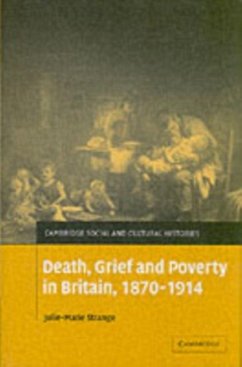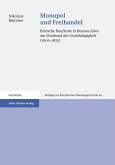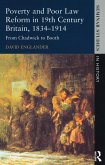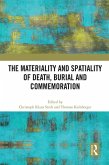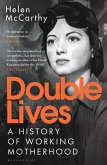With high mortality rates, it has been assumed that the poor in Victorian and Edwardian Britain did not mourn their dead. Contesting this approach, Julie-Marie Strange studies the expression of grief among the working class, demonstrating that poverty increased - rather than deadened - it. She illustrates the mourning practices of the working classes through chapters addressing care of the corpse, the funeral, the cemetery, commemoration, and high infant mortality rates. The book draws on a broad range of sources to analyse the feelings and behaviours of the labouring poor, using not only personal testimony but also fiction, journalism, and official reports. It concludes that poor people did not only use spoken or written words to express their grief, but also complex symbols, actions and, significantly, silence. This book will be an invaluable contribution to an important and neglected area of social and cultural history.
Dieser Download kann aus rechtlichen Gründen nur mit Rechnungsadresse in A, B, BG, CY, CZ, D, DK, EW, E, FIN, F, GR, HR, H, IRL, I, LT, L, LR, M, NL, PL, P, R, S, SLO, SK ausgeliefert werden.

